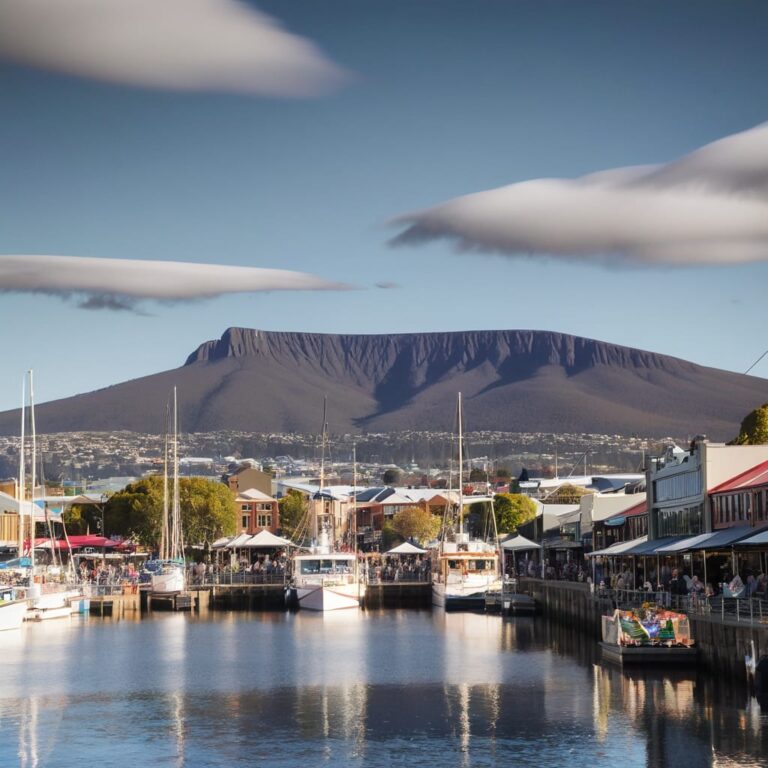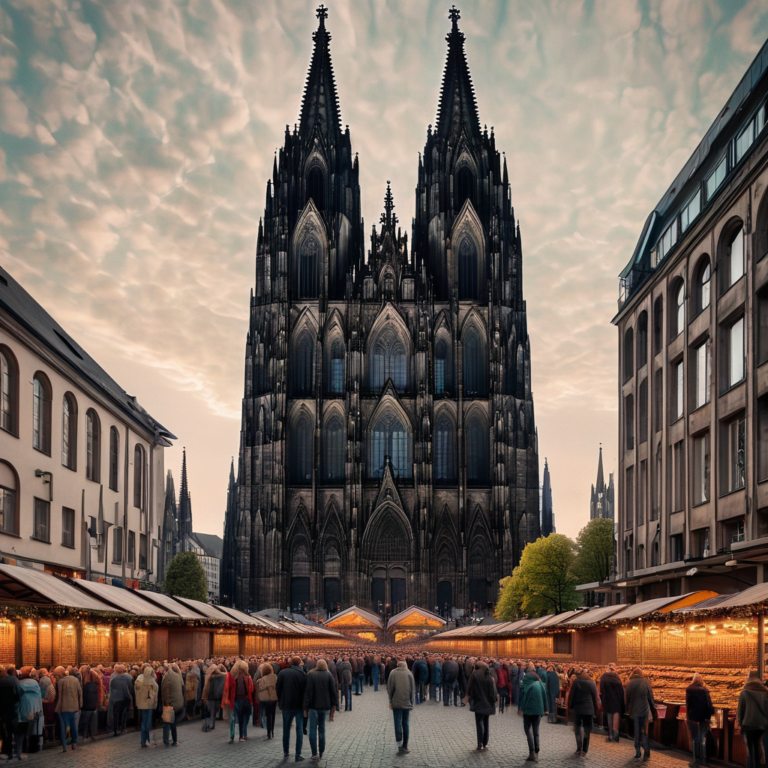The Cycle Capital Münster: A City in Motion
Introduction: Münster - A City of Cyclists
Nestled in the heart of Germany’s North Rhine-Westphalia region, Münster
has earned its reputation as the cycle capital. This vibrant city, where
bicycles outnumber cars, offers a unique glimpse into how urban living can
seamlessly blend with sustainable transportation.
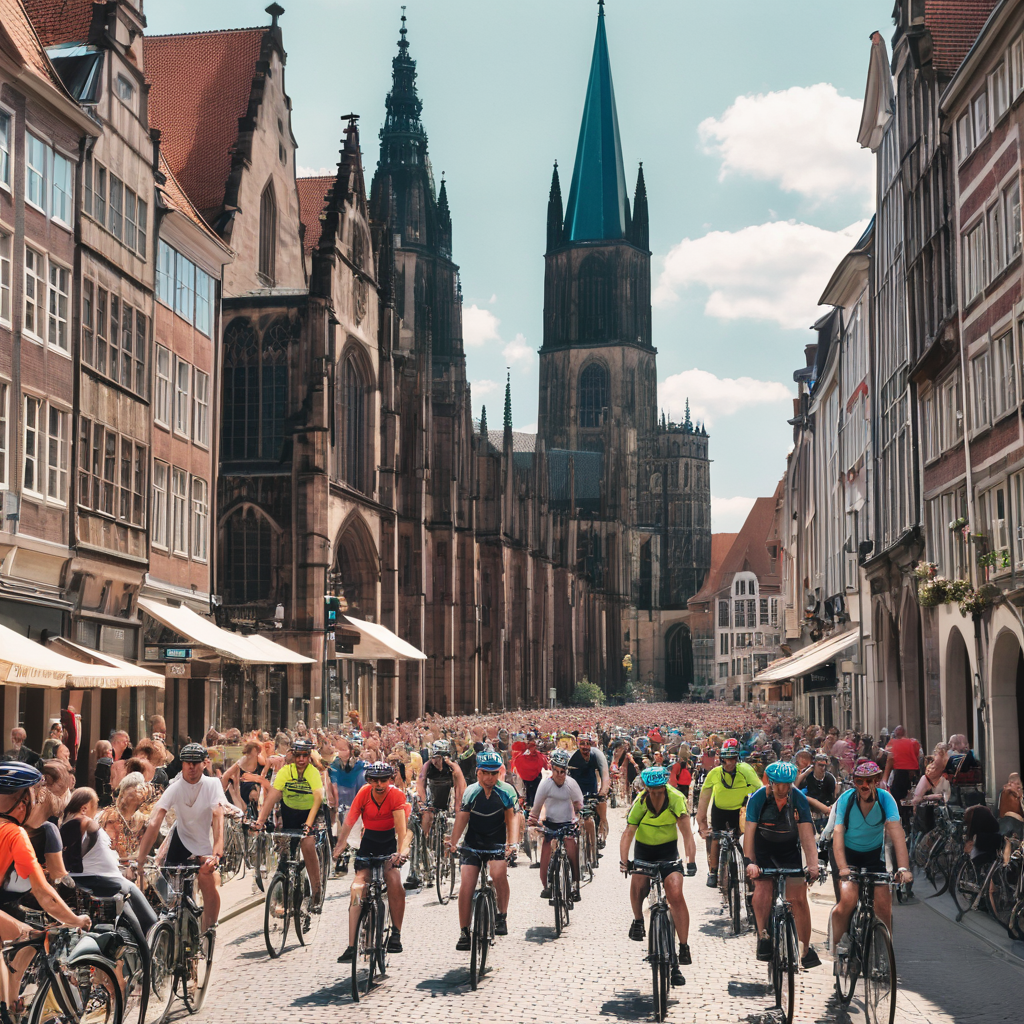
History of Cycling in Münster
Münster’s love affair with cycling began decades ago, evolving from a
practical means of transport to an essential part of its identity. The city
embraced cycling as early as the 1950s, recognizing its potential to enhance
urban life. Over the years, local government and community initiatives have
nurtured this passion, making cycling a cornerstone of Münster’s cultural
and physical landscape.
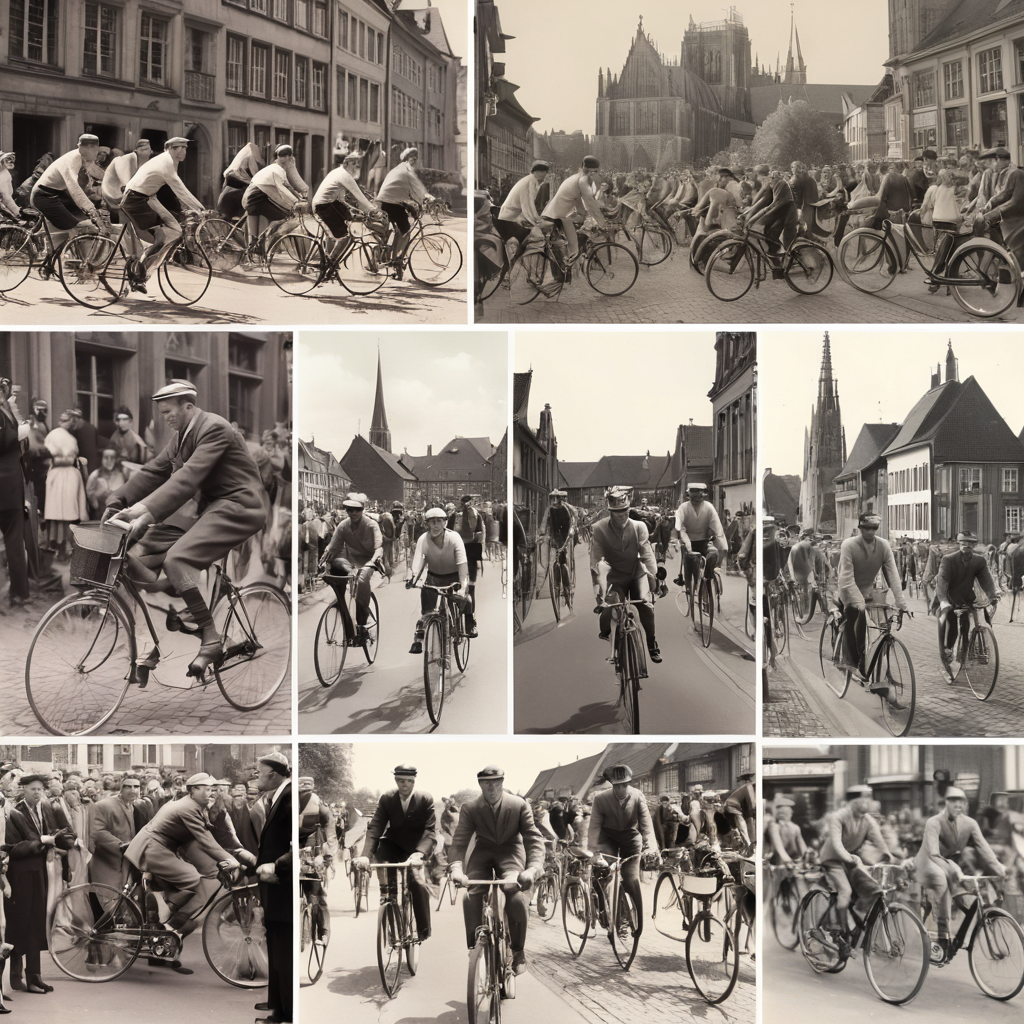
Münster's Cycling Infrastructure
What sets Münster apart is its outstanding cycling infrastructure. The city
boasts an extensive network of dedicated bike lanes, known locally as
“Promenade,” encircling the city center. With over 500 kilometers of bike
paths, cyclists enjoy smooth, safe rides through scenic parks and bustling
streets. Bike-friendly facilities, including numerous parking spots and repair
stations, further support this cyclist utopia.
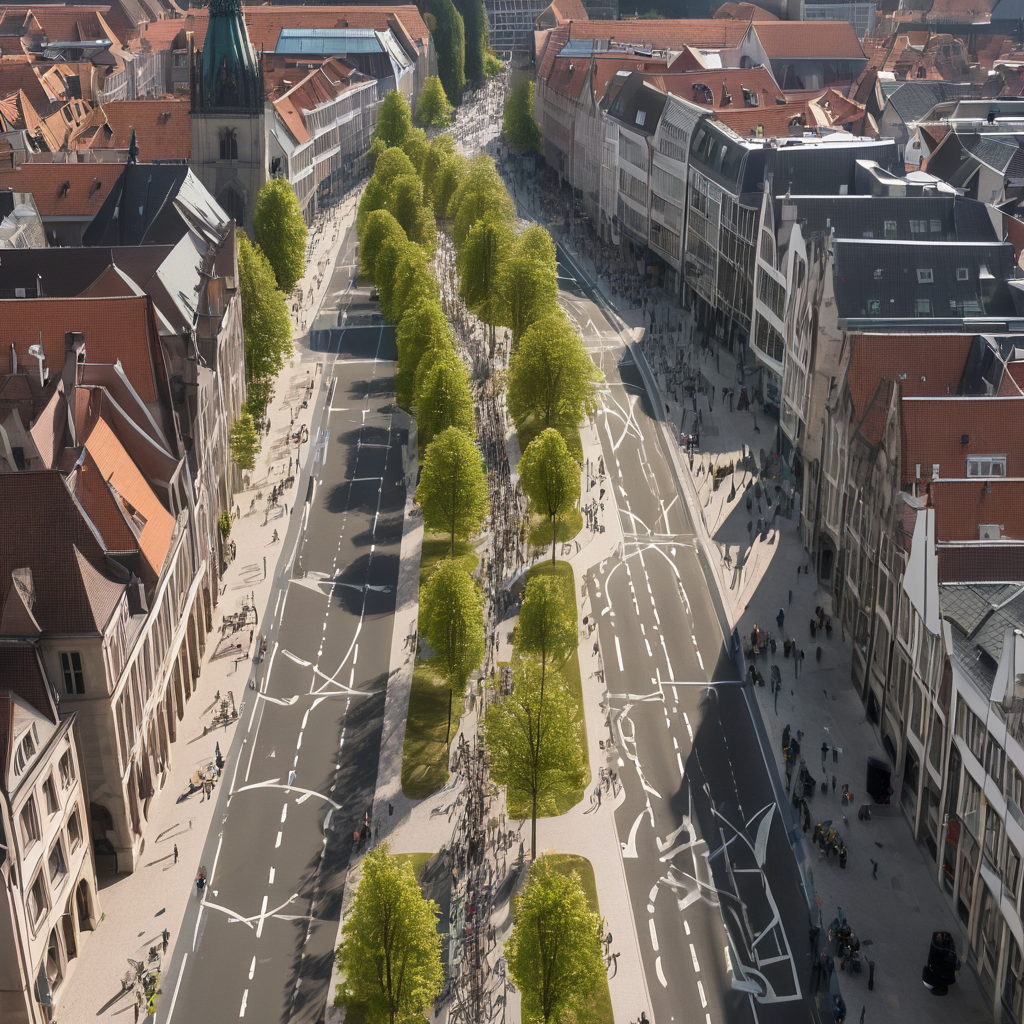
The Impact of Cycling on Münster’s Economy and Environment
Cycling significantly benefits Münster’s economy and environment. Local
businesses thrive as cyclists frequent shops and cafes, contributing to a
vibrant economy. Moreover, the environmental impact is profound. With
fewer cars on the roads, Münster enjoys cleaner air and reduced noise
pollution, aligning with global sustainability goals.
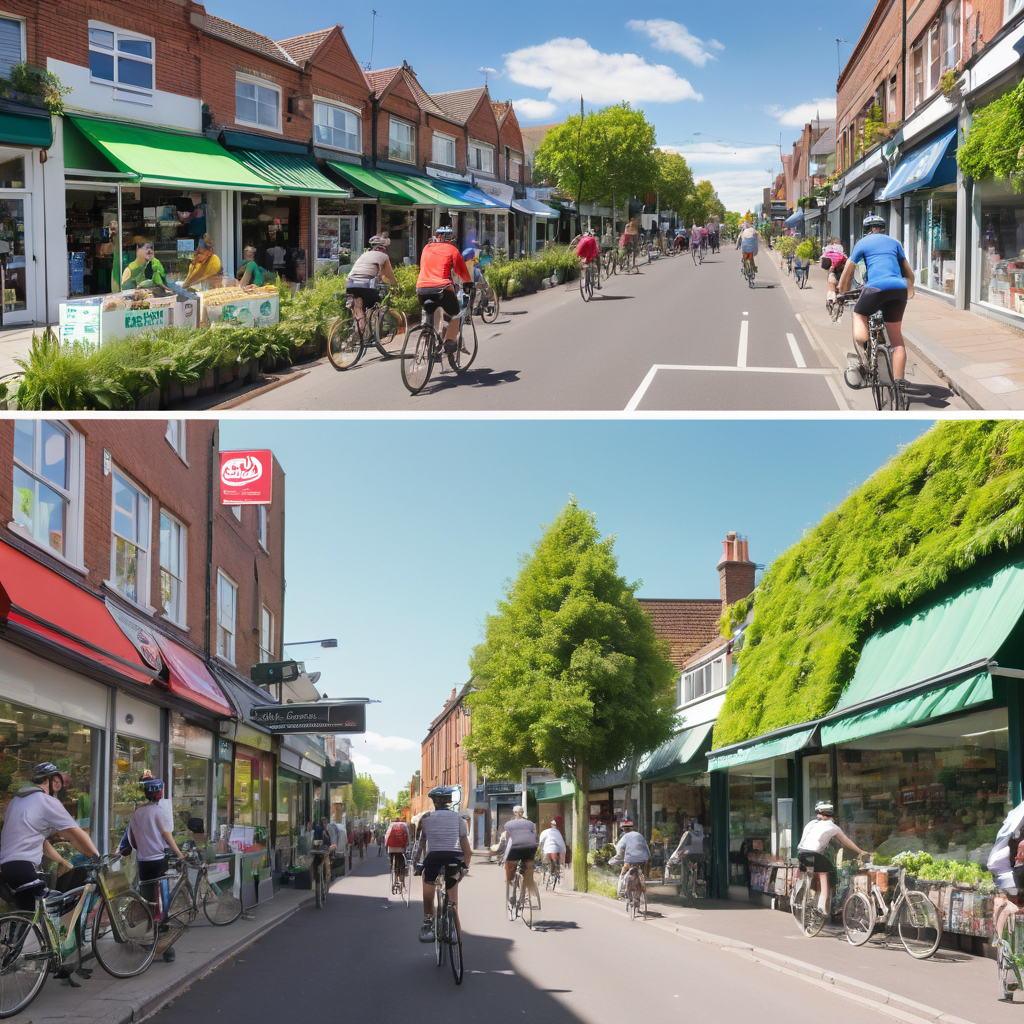
Cycling Culture and Community in Münster
Cycling in Münster is more than a mode of transport; it’s a way of life. The
city’s cycling culture fosters a sense of community among residents. Regular
events, like the annual “Münster Cycling Festival,” bring enthusiasts
together to celebrate and advocate for cycling. This camaraderie enhances the city’s social fabric, creating a welcoming atmosphere for both locals and
visitors.

Tourist Attractions Accessible by Bike
Exploring Münster by bike reveals its charm. Iconic landmarks such as St.
Paulus Cathedral and the Prinzipalmarkt are easily accessible via scenic
routes. For nature lovers, the Aasee Lake offers tranquil cycling paths with
picturesque views. These attractions, coupled with the city’s rich history,
make Münster a delightful destination for tourists seeking adventure on two
wheels.

Challenges and Future Developments in Münster's Cycling Scene
Despite its success, Münster faces challenges in maintaining and expanding
its cycling infrastructure. Increasing population density and urban
development put pressure on existing facilities. However, the city remains
committed to progress. Plans to widen bike lanes and integrate smart traffic
systems demonstrate Münster’s dedication to a cyclist-friendly future.

Conclusion: Münster as a Model for Other Cities
Münster exemplifies how cities can prioritize cycling to enhance urban life.
Its successful blend of infrastructure, culture, and community offers
valuable lessons for cities worldwide. By embracing cycling, other urban
areas can improve sustainability, boost local economies, and foster vibrant
communities.
Münster’s journey as a cycling capital is a testament to the power of vision
and collaboration. As cities worldwide seek sustainable solutions, Münster
stands out as a beacon of inspiration, proving that with the right approach,
a bicycle can indeed change the world.





